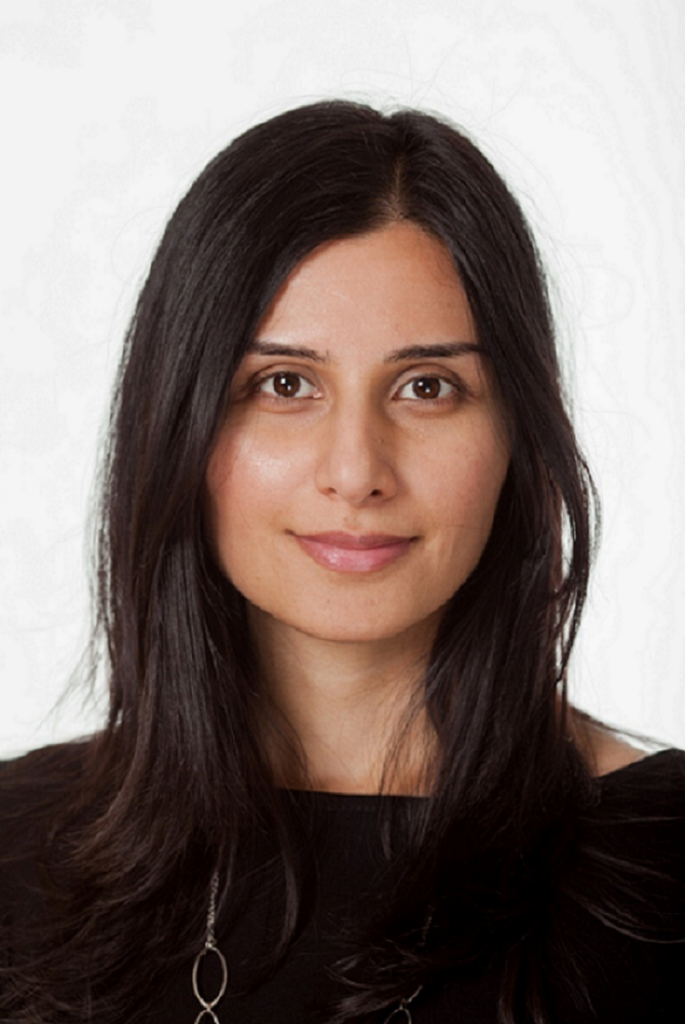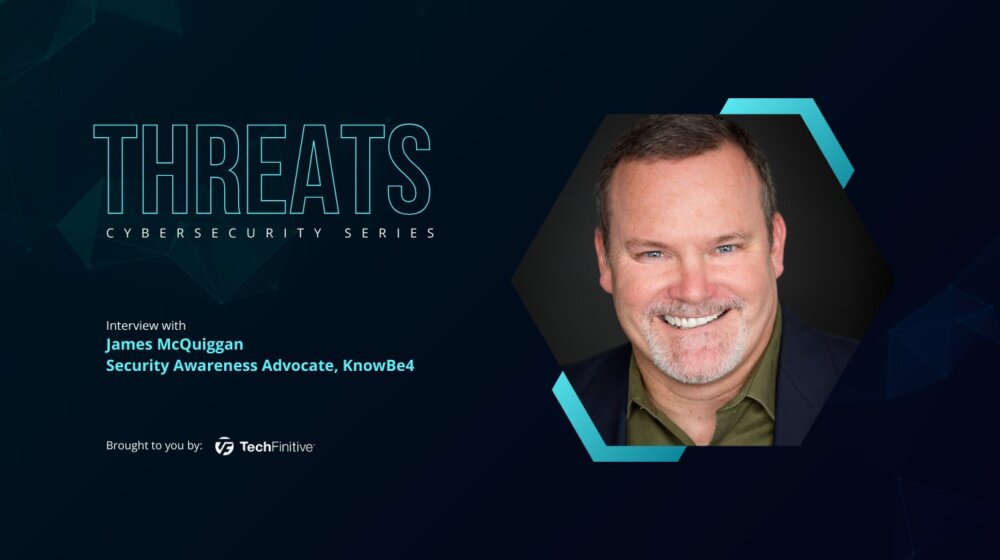
“AI won’t completely replace jobs, but rather evolve them” – Chief Experience Officer, Design for Good
What does the future of work look like? Who better to answer than the thinkers and influencers? That’s what our interview series with people at the forefront of technological change sets out to answer. Here, we interview Fazilat Damani, CXO at Design for Good.

It’s safe to say that Fazilat keeps busy. She founded sustainable fashion-tech startup SULY, is a former Director of Business Transformation at NatWest Markets, and somehow finds time to serve as Lead Mentor at Harvard Alumni Entrepreneurs.
For anyone unfamiliar with Design for Good, Fazilat describes it as “the world’s most impactful design non-profit”. By helping to unleash the creative talent of hundreds of designers, it delivers positive impact against the UN’s Sustainability Development Goals (SDGs) on a scale not possible by any single institution
What was your first role in tech and what do you do now?
I began my tech career as a digital associate at Lloyd’s of London, collaborating with developers to implement sprints and create microsites. Today, I hold the position of Chief Experience Officer for Design for Good, where I lead an innovation program focused on designing solutions aligned with the United Nations’ SDGs.
I’m grateful for the opportunities I’ve had to learn and grow in this dynamic and constantly evolving industry. It’s been an exciting journey, and I look forward to continuing to contribute to the field of tech.
How do you think the work office will change in the next ten years?
I believe we will see a shift towards more collaborative and relationship-focused environments. Traditional desk-centric offices will be replaced by flexible, multi-functional spaces that cater to various work styles and activities.
As remote work continues to rise in popularity, offices will need to provide unique experiences and amenities to encourage employees to come in. Think wellness areas, cafés, and other fun perks to help employees feel supported and engaged while at work.
Technology will also play an increasingly important role in shaping the office of the future. Smart buildings will optimise the workplace environment, while virtual and augmented reality technologies will help remote workers connect with colleagues in immersive, lifelike environments.
Overall, I believe that the office of the future will be a dynamic and engaging space that fosters creativity, collaboration and community. It’s an exciting time to be a part of the ever-evolving world of work!
What is a recent example of technology disrupting work that you found interesting?
It has to be the rise of AI agents. Rather than simply asking technology for support with specific tasks, AI agents have the potential to create and execute strategies based on specific goals.
For instance, a generative AI platform could be asked to write a blog to improve SEO results, with the goal of increasing traffic to a website. With AI agents, we can be more specific in our requests, such as asking it to improve SEO by a certain percentage or to increase engagement on social media.
This disruptive technology has the potential to revolutionise the way we work, freeing up time and resources to focus on more strategic initiatives. However, it also raises questions around ethics, accountability and the future of work. [Read Charles Radclyffe’s “Why meetings in the Metaverse are ethical, productive and simply make sense”.]
As with any new technology, it’s important that we approach AI agents with caution and mindfulness, while also exploring their full potential to improve and enhance our work processes.
Which areas of society do you think will be most impacted by technology?
Technology is having a profound impact on many aspects of society, but healthcare is an area where we’re likely to see some of the most significant changes. As the world’s population continues to age, the demand for healthcare services will increase, which is why it’s so important to find ways to improve access to care and make it more affordable.
Thankfully, technology is providing some exciting solutions to these challenges. Telemedicine, remote monitoring and AI-powered diagnostics are just a few examples of how technology can transform the way we deliver healthcare. These innovations have the potential to increase access to care, reduce costs and improve outcomes for patients.
As someone who’s passionate about the possibilities of technology, I’m excited to see how these innovations will continue to improve the healthcare industry and make a positive impact on people’s lives.
Who in tech do you find inspiring, and why?

Ellen Pao is an influential figure in tech who has made significant contributions to the industry. With a background in electrical engineering and law, Pao worked as an attorney before transitioning to tech, where she held positions at Microsoft, BEA Systems and Kleiner Perkins Caufield & Byers. Her gender discrimination lawsuit against Kleiner Perkins brought attention to the issue of sexism in tech and inspired others to speak out.
As CEO of Reddit, Pao implemented policies to address harassment and abuse on the platform, including a ban on revenge porn and unauthorised nude photos. Her leadership also helped to diversify the company’s workforce. Pao’s commitment to promoting diversity and inclusion led her to co-found Project Include, an organisation focused on creating more equitable workplaces in tech.
Overall, Ellen Pao’s experiences in tech and law have informed her advocacy for greater diversity and inclusion in the industry. Her leadership and dedication to promoting equality make her an inspiration to many in the tech community.
What jobs do you think AI might replace?
I don’t believe AI will completely replace jobs, but rather evolve them. While it’s true that some roles may become obsolete over time, others will be created or transformed. AI has the potential to automate repetitive and mundane tasks, freeing up humans to focus on more creative and strategic work. For example, in industries such as manufacturing and logistics, AI can help optimise processes and reduce errors, allowing workers to focus on more complex tasks.
In other fields, such as healthcare and education, AI can help provide personalised experiences and support for patients and students. Overall, I believe AI will have a significant impact on the workforce, but it will also create new opportunities for innovation and growth.
Read next: How the world of work will look in 2030 by futurist Nicole Kobie
Be part of the conversation
A huge thank you to Fazilat Damani for taking the time to answer our questions. If you have something to say about the Future of Work, please email us at [email protected].
NEXT UP

James McQuiggan, Security Awareness Advocate at KnowBe4: “Ironically, attack methods have remained unchanged over the past twenty years”
In this interview, we hear from James McQuiggan, Security Awareness Advocate at KnowBe4 and a part-time Faculty Professor at Valencia College in Florida.

What is ocean-bound plastic and should you care?
Lee Grant digs behind the truth about ocean-bound plastics to explain why reducing them is a worthy cause – but that we need to treat marketing claims with due scepticism

Slow buyers cause tech firms to rethink sales approaches as tough Q1 hits home
New research suggests tech sales were slow in Q1, with buyers of technology and professional services taking their time before committing to any solutions.